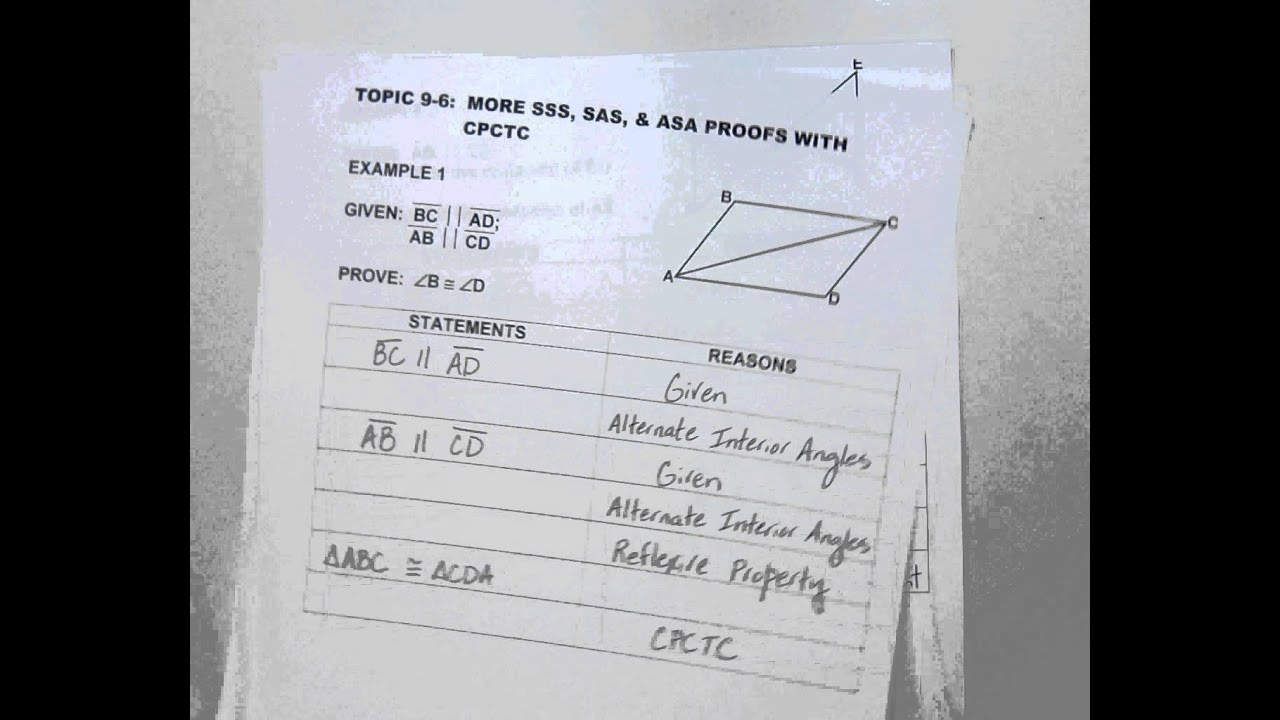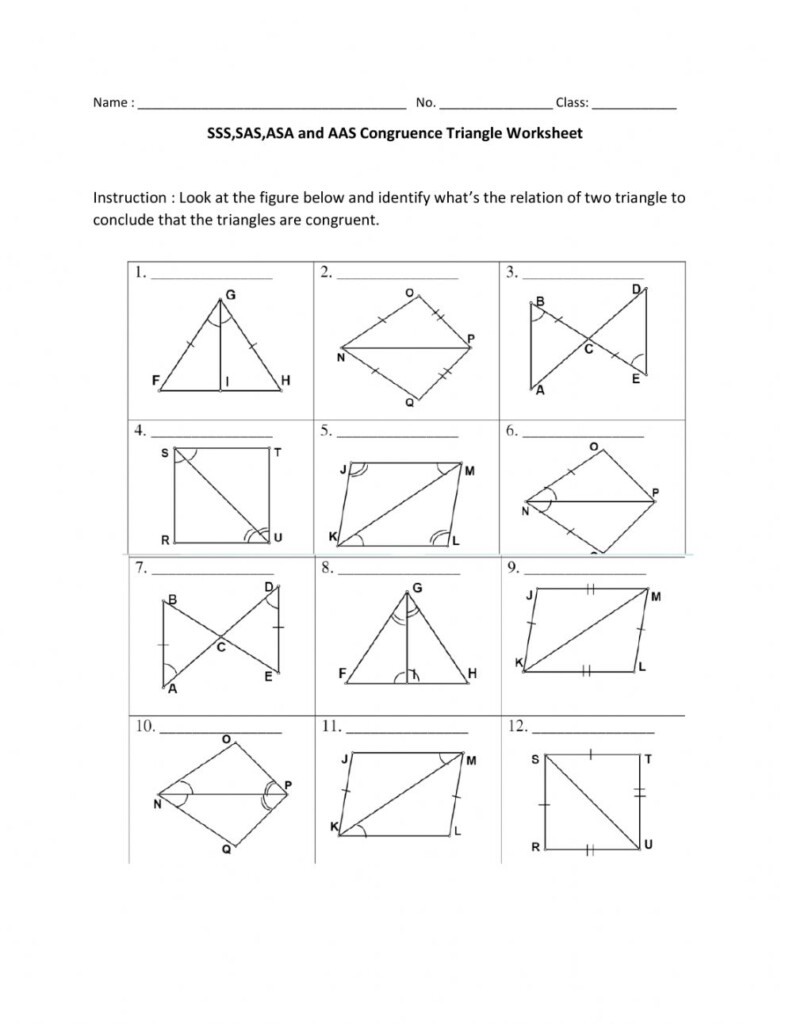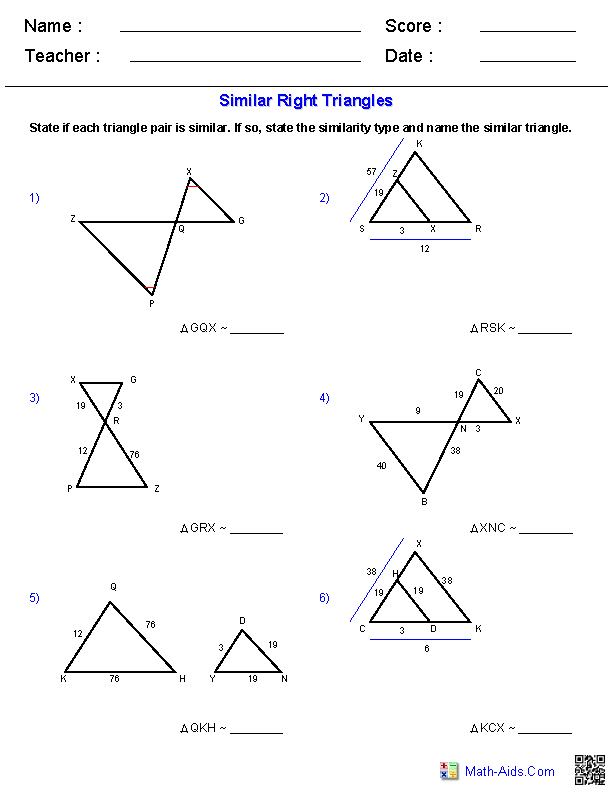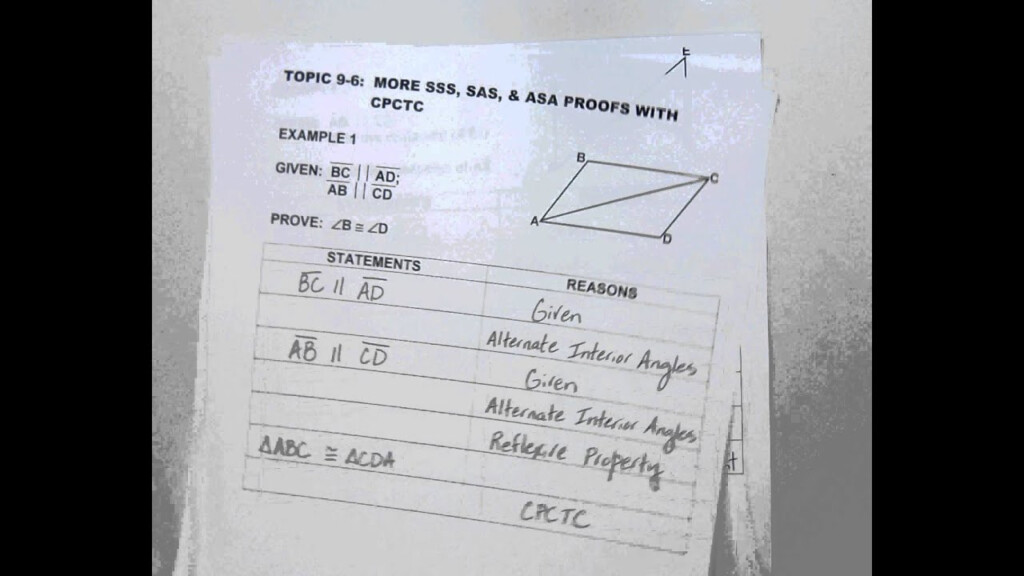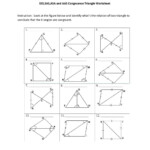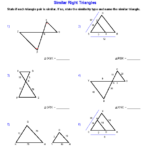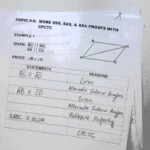11.4 Corresponding Parts Of Similar Triangles Worksheet Key – Triangles are one of the most fundamental patterns in geometry. Understanding triangles is critical to understanding more advanced geometric concepts. In this blog post it will explain the different types of triangles including triangle angles and the methods to calculate the length and width of a triangle, and also provide details of the various.
Types of Triangles
There are three kinds in triangles, namely equilateral, isoscelesand scalene.
- Equilateral triangles have three equally sides and are surrounded by three angles of 60 degrees.
- Isosceles triangles have two equally sized sides as well as two angles.
- Scalene triangles have three sides as well as three angles.
Examples of each type of triangle will be given.
Triangle Angles
There are three angles within the triangle: acute right, and obtuse.
- Acute angles are less that 90 degrees.
- Right angles are exactly 90 degrees.
- Obtuse angles are greater than 90 degrees.
Examples of each angle will be shown.
Perimeter of Triangles
The perimeter of A triangle is defined as the sum from the widths and lengths on its edges. To determine its perimeter for a triangular, you need to add the lengths of its three sides. The formula for calculating the perimeter of a triangle is:
Perimeter = Side A + Side B + Side C
A few examples of how to calculate the perimeter of the triangle will also be discussed using various kinds of triangles.
Area of Triangles
The size of a triangle is how much space is inside the triangle. To calculate the area of the triangle, it is essential to determine which length is the base as well as the dimensions of the triangle. The formula for the volume of a circle is as follows:
Area = (Base x Height) / 2
Examples of how to determine the area of an individual triangle will be demonstrated by using various kinds of triangles.
Conclusion
Understanding the importance of triangles is a crucial aspect of learning about geometry. Knowing the different types of triangles, angles, and the methods to determine the dimensions and perimeter of a triangle can help you resolve more complex geometric problems. Through our comprehensive triangle worksheets you can enhance your knowledge of these fundamental concepts and enhance your geometry ability to the next level.
